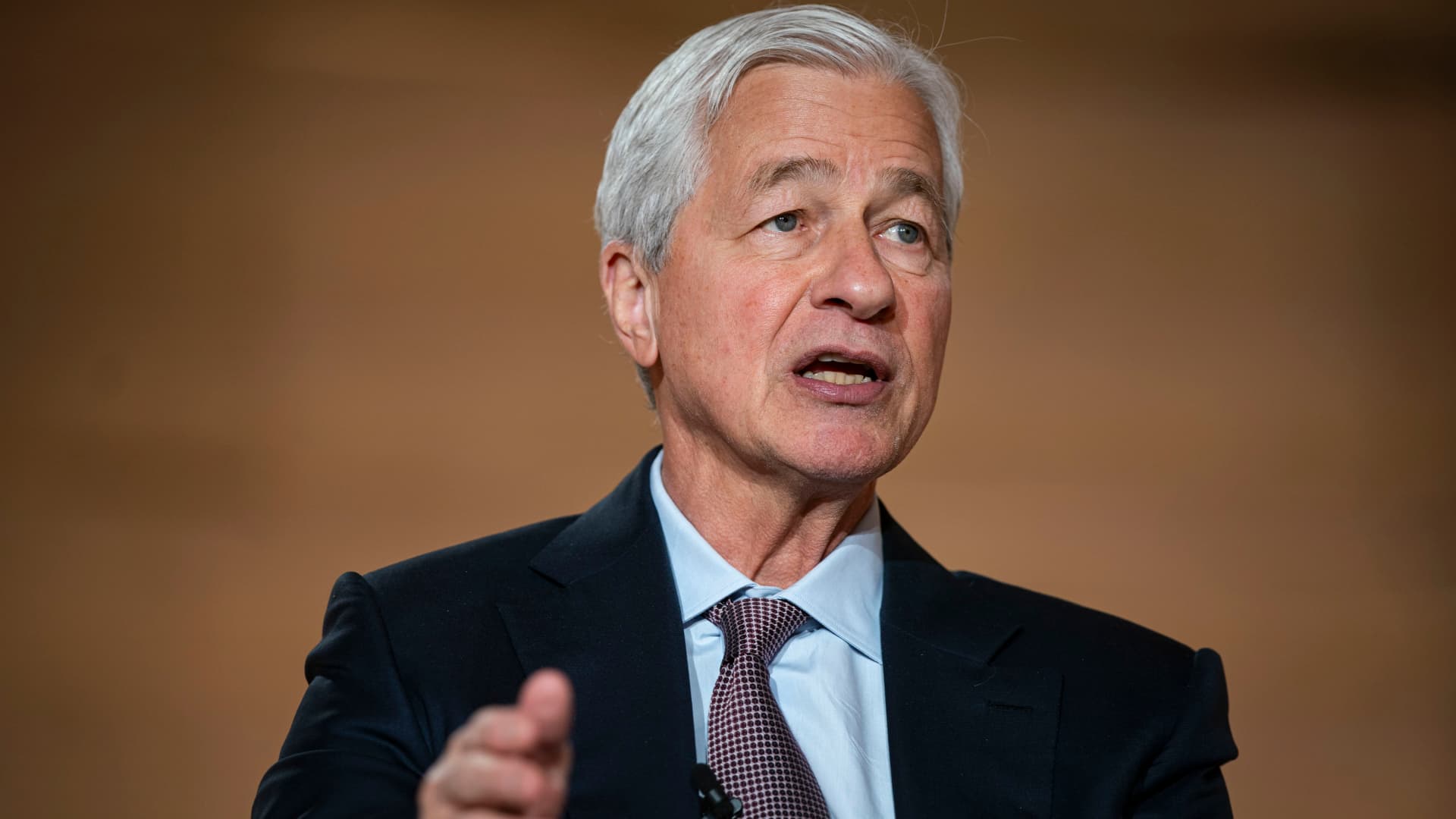Financial planning.
Budgeting. Expense tracking. Profit and loss analysis. Data analysis. Spreadsheet software. Productivity. Efficiency. Financial literacy. Personal finance. Business finance.
Natalia Gdovskaia | Moment | Getty Images
As Adinah Caro-Greene maps out her financial future, there’s a variable that may have held less weight for previous generations: her child.
The employee benefits broker said she’s seen how rising education, housing and health-care costs have created economic challenges for her Gen Z son and his peers. Part of the Bay Area resident’s long-term financial goals is to fully pay off a rental property that he can inherit and potentially live in.
“It’s uniquely hard for kids now,” said Caro-Greene, 45. “Seeing how hard it is for my son’s generation has motivated me to do what I can.”
Caro-Greene isn’t alone. A majority — or 53% — of Gen X parents who are worried their child may need financial support well into adulthood, according to a U.S. Bank survey of around 2,500 adults released earlier this year. That’s compared with just 37% of parents across all generations.
Gen X is a “sandwich” generation, facing the financial pressures of simultaneously supporting parents in retirement and kids as they come of age. Most Americans are grappling with the runaway inflation that followed the pandemic, but parents in this age group are uniquely focused on whether their kin will ever be able to make it without monetary aid.
A ‘worried’ generation
Gen Xers have grown up amid less-than-ideal economic conditions, which can bolster feelings of uncertainty, said Tom Thiegs, family wealth coach at U.S. Bank’s Ascent Private Capital Management. Notably, he pointed out that they’ve witnessed four of the five largest stock market crashes in history within their lifetimes.
They were among the first to mainly utilize 401K plans for retirement rather than pensions, he said. Now, this group is also questioning if Social Security and Medicare will stay around long enough for them to reap the benefits of systems they helped support throughout their adult lives, Thiegs said.
Clients Thiegs talks to are “worried,” but not to the extent that they’re “paralyzed,” he said, explaining that these clients have been through economic downturns before. Instead, he’s noticed a mindset among Gen X of being ready to roll with any unexpected punches.
“It’s not just all doom and gloom for Gen X,” he said. “There’s also this understanding that we’ll be able to figure it out.”
Gen X parents aren’t necessarily concerned that they’ll be in the hook for their kids’ poor financial choices. In fact, the U.S. Bank survey found 79% said their children are able to “successfully” manage their finances.
Instead, this economic stress stems from factors outside of parents’ or children’s control, Thiegs said. Beyond rising prices for everyday needs like groceries, he pointed to higher housing costs as a factor that’s left Gen Z in a more financially precarious position.
The bank of mom and dad
Caro-Greene said it’s common among parents she knows to give money to their young-adult children, especially given the high cost of living in the San Francisco area. It’s a particularly hard time, she said, because of what she charactized as a tough job market for those entering the white-collar workforce.
Expenses for even the youngest in corporate America can add up. A Savings.com survey published this year found parents that offer financial support to their kids were shelling out $1,384 a month on average. When looking just at Gen Z offspring, that figure shot up to $1,515.
That can lead to a question of how long, or to what extent, parents should be footing bills for their kids into adulthood, according to Marguerita Cheng, who is both a mother and certified financial planner. The answer is both simple and highly individual, she said.
“I would never tell you not to help your child,” said Cheng, CEO of Blue Ocean Global Wealth in Gaithersburg, Maryland. But, “it’s important to have boundaries or limitations to giving.”
Cheng said parents should avoid helping their child to the point that they, themselves, will deplete savings and struggle in retirement. She also said parents can try to remove the stigma around discussing money and shame around decisions like living at home after graduating college.
For those that do have the means to help out, she’s found clear guidelines can be a useful tool. For example, a parent might set a cap on how much money they will give a child who is moving, or distribute funds incrementally over a predetermined timeframe.
Given Gen X’s experiences, Thiegs has found the generation thinks differently about their dollars and how to use them. It’s an equation, he said, that increasingly includes children and other family members.
“They’ve broadened into a more holistic view of money,” Thiegs said. “It’s not just balancing your checkbook, but also understanding what, long term, do I want for my life.”

 Personal Finance1 week ago
Personal Finance1 week ago
 Personal Finance1 week ago
Personal Finance1 week ago
 Personal Finance1 week ago
Personal Finance1 week ago
 Economics1 week ago
Economics1 week ago
 Economics1 week ago
Economics1 week ago
 Economics1 week ago
Economics1 week ago
 Economics1 week ago
Economics1 week ago
 Economics1 week ago
Economics1 week ago





















